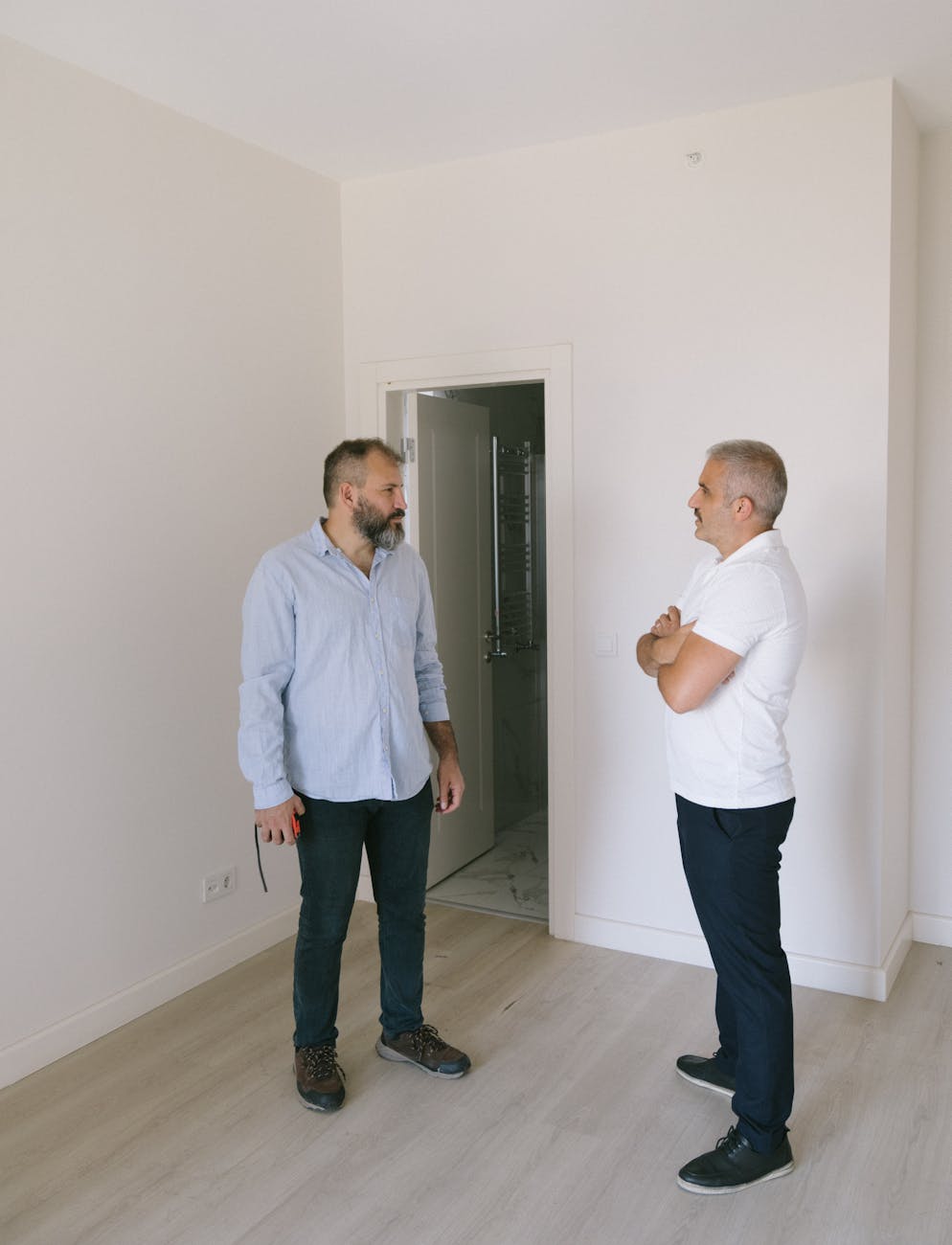Essential Guide to Rental Property Management for New Investors
Essential guide to rental property management for new investors
Investing in rental properties can be a lucrative way to build wealth and generate passive income, but managing these assets requires more than just owning them. For new investors, understanding how to effectively handle the day-to-day responsibilities of rental property management is crucial to ensuring a steady cash flow and protecting their investment. This guide will walk you through the foundational steps of rental property management, from selecting the right property and screening tenants to maintaining the property and handling legal requirements. Whether you’re just starting out or looking to refine your approach, this comprehensive overview will equip you with the knowledge needed to manage your rental property successfully and avoid common pitfalls.
Choosing the right rental property
The journey to successful rental property management begins with choosing the right property. Location plays a pivotal role — properties in areas with high demand for rentals, good employment opportunities, and amenities tend to attract better tenants and higher rents. Consider the type of property as well; single-family homes, multi-unit buildings, and condos have different management demands and financial implications.
Evaluate the potential return on investment (ROI) by calculating expected rental income against expenses, including mortgage, insurance, taxes, and maintenance costs. Tools like a rental property ROI calculator can be very helpful. Here’s a simplified table to compare potential costs and returns:
| Expense category | Estimated monthly cost | Notes |
|---|---|---|
| Mortgage payment | $1,200 | Principal and interest |
| Property taxes | $200 | Based on local rates |
| Insurance | $100 | Homeowners/rental insurance |
| Maintenance reserve | $150 | Routine upkeep and emergency repairs |
| Total expenses | $1,650 |
Ensuring the property’s cash flow margin is positive after all expenses helps protect your investment and reduce financial risks.
Tenant screening and lease agreements
One of the most critical components of rental property management is tenant selection. Good tenants reduce turnover, maintain the property well, and pay rent on time. A thorough screening process should include credit checks, verifying income and employment, references from previous landlords, and background checks. This reduces the chances of problematic tenants and financial loss.
Once you’ve identified a suitable tenant, drafting a clear and comprehensive lease agreement is essential. The lease should outline rent amount, payment due dates, security deposit requirements, maintenance responsibilities, rules regarding pets, and procedures for handling late payments or disputes. Having a detailed lease minimizes misunderstandings and provides legal protection.
Effective maintenance and property upkeep
Maintaining your rental property is vital for preserving its value and keeping tenants satisfied. Preventive maintenance such as regular HVAC servicing, pest control, and inspections of plumbing and electrical systems helps avoid costly repairs down the line. Respond promptly to tenant repair requests and document all maintenance activities for your records.
Establish a maintenance schedule and budget that considers typical wear and tear as well as unexpected repairs. Hiring reliable contractors or property management services can ease the burden for new investors who may not have the time or expertise to handle repairs themselves.
Legal compliance and financial management
Understanding and adhering to landlord-tenant laws protects you from legal troubles. Compliance includes following regulations on security deposits, eviction procedures, property safety standards, fair housing laws, and disclosures. Laws can vary widely by state and municipality, so it’s wise to consult local resources or seek legal advice to ensure full compliance.
On the financial side, keeping detailed records of income and expenses is essential for tax reporting and evaluating your property’s performance. Consider using property management software to automate rent collection, track expenses, and generate reports. Staying organized reduces errors and makes tax season less stressful.
Conclusion
Successful rental property management requires careful planning and ongoing attention to several interconnected areas. By selecting the right property, thoroughly screening tenants, maintaining the property proactively, and ensuring legal and financial compliance, new investors can build a solid foundation for a profitable rental business. Effective management not only enhances tenant satisfaction and reduces turnover but also protects and grows your investment. While it may seem overwhelming initially, adopting these strategic approaches will help new rental property investors navigate the challenges with confidence and set them up for long-term success in the real estate market.
Image by: Meruyert Gonullu
https://www.pexels.com/@meruyert-gonullu
editor's pick
latest video
news via inbox
Nulla turp dis cursus. Integer liberos euismod pretium faucibua

